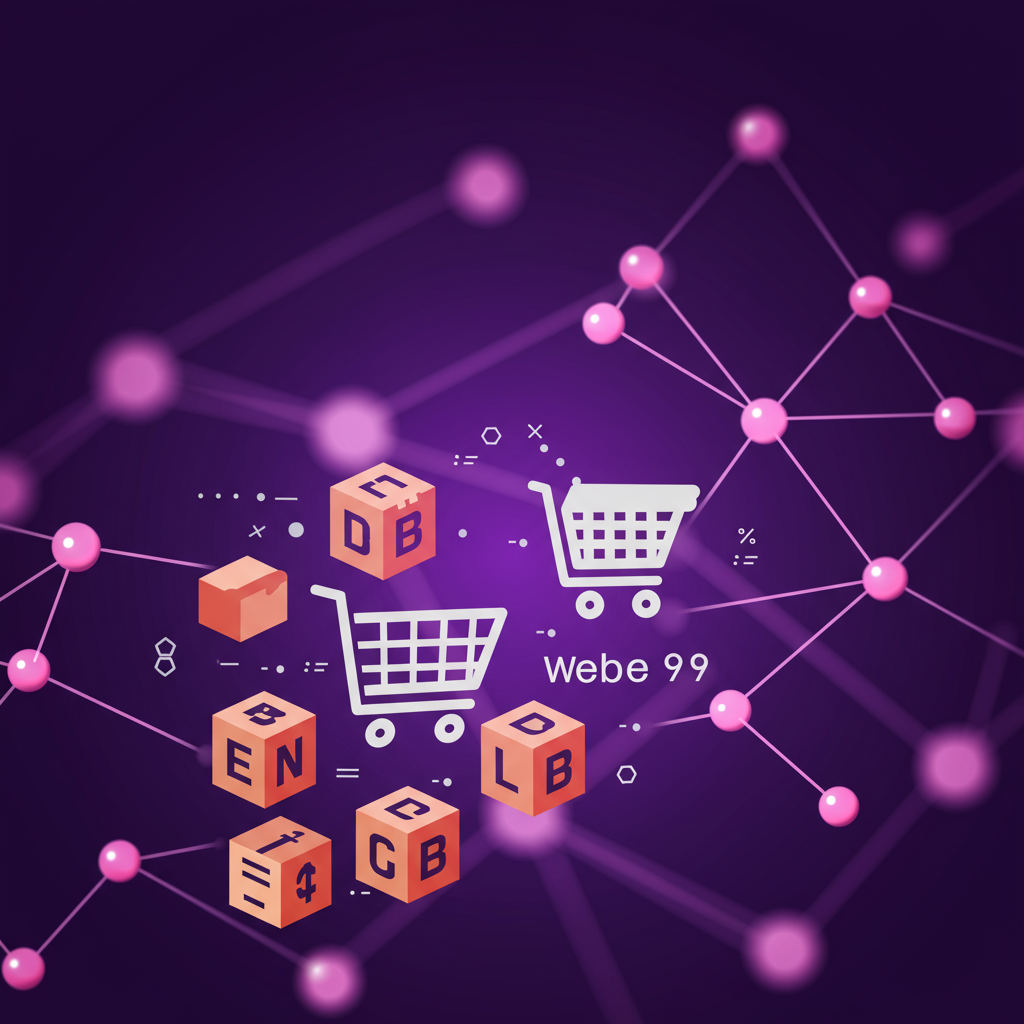My Guide to Embracing Decentralized Commerce for Your Store
As a merchant, I’m constantly looking for ways to innovate and stay ahead in the ever-evolving world of e-commerce.
Lately, one topic has been dominating my thoughts and research: Web3.
You might have heard the term, perhaps in relation to cryptocurrencies or NFTs, and wondered what it means for your Shopify store.
Today, I want to share my perspective on how Web3 isn’t just a buzzword, but a foundational shift that could redefine how we do business online.
Currently, our e-commerce landscape is largely centralized. We rely on platforms like Shopify, payment processors, and social media giants.
While these platforms offer incredible convenience and reach, they also come with inherent limitations.
We often don’t fully own our customer data, we’re subject to platform rules and fees, and our digital assets reside on their servers.
This is where Web3 steps in. It represents the next iteration of the internet, built on decentralized technologies like blockchain.
Think of it as an internet where ownership, control, and value are distributed among users, rather than concentrated in the hands of a few corporations.
For us, as Shopify merchants, this opens up a world of exciting possibilities.
One of the most tangible applications is the integration of cryptocurrencies for payments.
Imagine offering your customers the option to pay with Bitcoin, Ethereum, or stablecoins, often with lower transaction fees than traditional credit card processors.
This not only broadens your customer base globally but also reduces your operational costs.
Then there are Non-Fungible Tokens, or NFTs. I know, they sound complex, but their utility for e-commerce is immense.
NFTs can serve as digital receipts, loyalty program tokens, exclusive access passes to new product drops, or even unique digital collectibles tied to physical goods.
For example, you could sell a limited-edition product and include an NFT that grants the owner lifetime discounts or early access to future collections.
This creates a deeper connection with your most loyal customers and fosters a sense of community and exclusivity.
Another fascinating aspect is decentralized identity. Imagine customers having self-sovereign identities that they control, rather than relying on third-party logins.
This enhances privacy and trust, as customers can selectively share their data without fear of it being harvested or misused.
Web3 also enables the concept of Decentralized Autonomous Organizations, or DAOs.
While perhaps a bit further down the road for most small businesses, a DAO could allow your most dedicated customers or community members to have a say in product development or marketing strategies.
This level of community engagement is unprecedented and can lead to incredibly loyal brand advocates.
Shopify itself has been making strides in embracing Web3. They’ve introduced tools for merchants to mint and sell NFTs directly from their stores.
They’ve also integrated with various crypto payment gateways, making it easier than ever to accept digital assets.
The benefits for us are clear: new revenue streams, enhanced customer loyalty through innovative programs, reduced transaction costs, and greater control over our digital presence.
It’s about building a more resilient, transparent, and user-centric e-commerce ecosystem.
Of course, like any new technology, there are challenges. The volatility of cryptocurrencies, the complexity of blockchain technology, and regulatory uncertainties are all factors to consider.
But I believe the potential rewards far outweigh these initial hurdles.
My advice for fellow merchants is to start small. Educate yourself, experiment with one or two Web3 applications that align with your business goals.
Perhaps begin by accepting a stablecoin for payments, or explore offering a small NFT collection as a loyalty reward.
The key is to understand that Web3 isn’t about replacing Shopify, but about augmenting and enhancing its capabilities.
It’s about leveraging decentralized tools to build stronger, more direct relationships with our customers.
We are moving towards an internet where value is created and shared more equitably, and where users have more agency.
For e-commerce, this means a future where our stores are not just transaction hubs, but vibrant, community-driven ecosystems.
I’m genuinely excited about what this decentralized future holds for us.
What do *you* think about the potential of Web3 for your e-commerce business? I’d love to hear your thoughts.
It’s a journey we’re all on together, exploring new frontiers in digital commerce.
Let’s embrace this shift and build the next generation of online stores.






